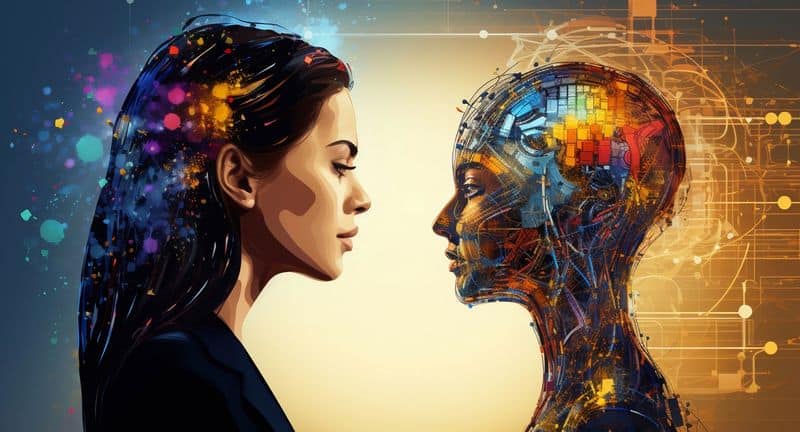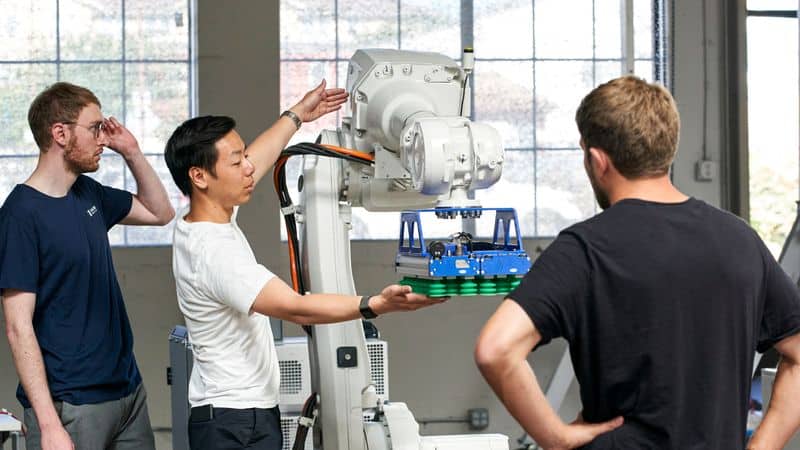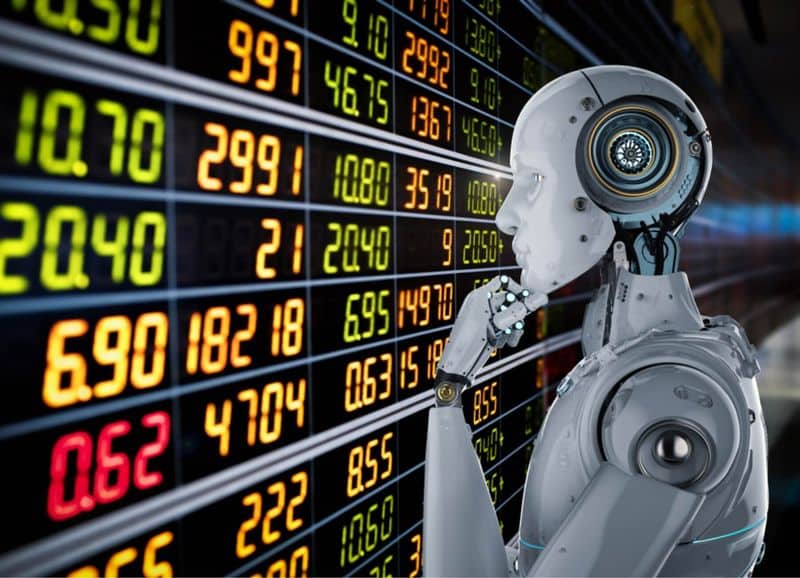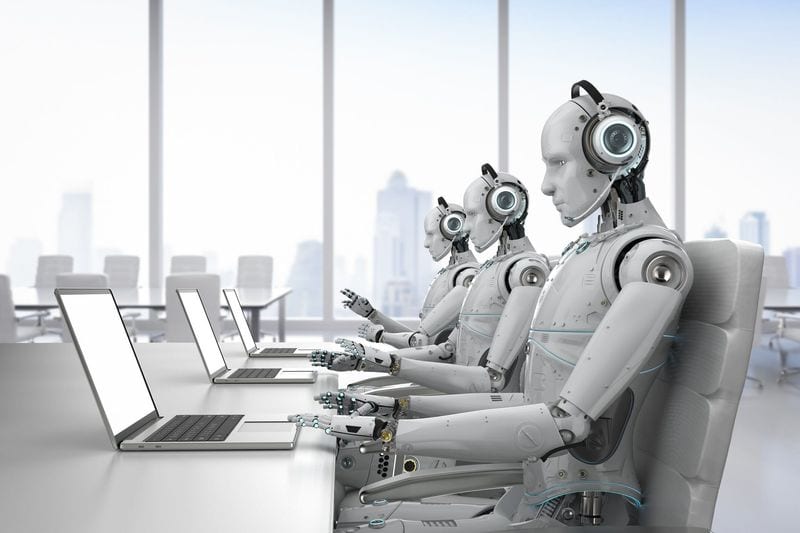Artificial Intelligence (AI) is advancing at an unprecedented pace. The question on everyone’s mind is whether AI will eventually take over our jobs.
While AI is indeed transforming industries, it doesn’t necessarily mean that humans will be out of the equation.
The following seven facts explore the latest developments in AI and explain why it won’t replace human jobs anytime soon.
1. AI Augments Human Creativity

AI is revolutionizing creative industries by augmenting human creativity. With AI tools, designers and artists can explore new dimensions they couldn’t have imagined before. These tools can generate ideas, draft outlines, and even suggest improvements.
However, the unique human touch remains irreplaceable. While AI can suggest, it can’t create with the emotional depth that humans can. This partnership enhances creativity rather than diminishing it.
As AI continues to evolve, professionals who embrace these tools will find new ways to express their creativity more efficiently and effectively, rather than being replaced.
2. AI in Healthcare Diagnostics

AI is making waves in healthcare, particularly in diagnostics. Advanced algorithms can analyze medical data with remarkable accuracy, assisting doctors in early detection of diseases. This leads to timely interventions and better patient outcomes.
Despite these advances, the role of human healthcare professionals remains crucial. AI provides data, but doctors interpret and make critical decisions.
The synergy between AI and healthcare practitioners results in more precise and personalized care. This collaboration shows that AI complements rather than replaces human expertise in medicine.
3. AI Automates Mundane Tasks

AI excels at automating repetitive and mundane tasks, freeing up human workers to focus on more meaningful work. This efficiency boost allows employees to engage in creative problem-solving and strategic planning.
Automation doesn’t mean job loss; rather, it shifts the nature of work towards more intellectually stimulating activities. This shift can lead to greater job satisfaction and opportunities for skill development.
By taking over tedious tasks, AI allows workers to enhance their roles, making work more fulfilling and less monotonous.
4. AI Enhances Personalized Learning

AI is transforming education by enabling personalized learning experiences. Adaptive learning platforms utilize AI to tailor lesson plans to individual students’ needs and learning styles. This personalization ensures that every student maximizes their potential.
While AI facilitates learning, teachers remain essential in mentoring and providing emotional support. Their role is more about guiding rather than merely delivering content.
The collaboration between AI tools and educators enhances the educational experience, making learning more engaging and effective.
5. AI in Financial Analysis

AI is revolutionizing financial analysis by processing vast amounts of data with speed and accuracy. This capability helps analysts uncover trends and insights that were previously hidden.
Despite AI’s prowess, human analysts are indispensable for interpreting these findings and making strategic decisions. The ability to consider context and nuances remains a uniquely human trait.
The integration of AI in finance leads to more informed decision-making and enhanced advisory roles, highlighting the symbiotic relationship rather than a replacement scenario.
6. AI Supports Customer Service

AI enhances customer service by providing instant assistance and handling routine inquiries. Chatbots and virtual assistants ensure customers receive quick responses, improving overall satisfaction.
However, complex and emotionally sensitive issues still require human intervention. Empathy and understanding are qualities that AI cannot replicate.
By addressing common questions, AI allows human agents to focus on high-value interactions, improving service quality and job satisfaction.
7. AI in Environmental Conservation

AI is playing a crucial role in environmental conservation efforts. By analyzing data from various sources, AI helps scientists monitor wildlife and predict ecological changes. This leads to more effective conservation strategies.
Despite its capabilities, AI alone cannot save the environment. Human expertise is needed to interpret data and implement action plans.
The combination of AI and human efforts leads to more sustainable practices, emphasizing collaboration over replacement.

